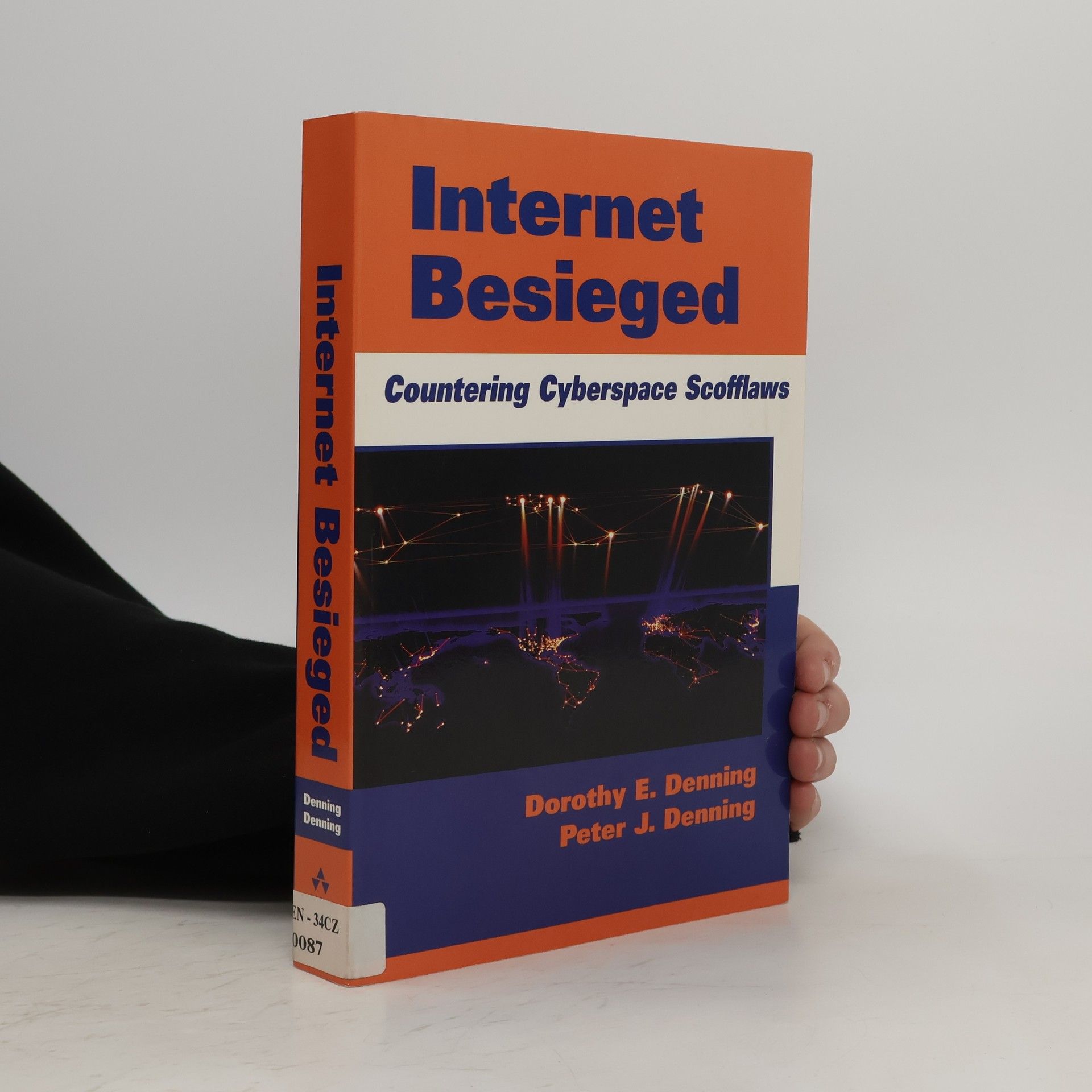Internet Besieged : Countering Cyberspace Scofflaws
- 560pages
- 20 heures de lecture
Assaults on privacy! Theft of information! Break-ins, assaults, and thefts are prohibited. Yet they happen. How is this so? Just how clever are the invaders? What are the holes in supposedly secure systems? Internet Besieged explains the ingenious strategies employed by intruders. It shows how security experts must be both defensive and proactive to protect information, privacy, and electronic commerce. Internet Besieged consists of over thirty original and recently published chapters written by leading figures in security. They range from technical explanations of encryption and intrusion-detection systems to popular accounts of hacker attacks. Internet Besieged is organized for the general reader as well as the practicing professional. It covers: The emergence of the Internet-the evolution of security problems and required countermeasures Major patterns of weakness in Internet-connected computer systems and methods for preventing and detecting attacks The use of cryptography to secure computers and data on the Internet Electronic commerce and secure transactions-authentication and integrity-checking technologies; foiling identity theft Ethics, laws, practices, and policies that g

